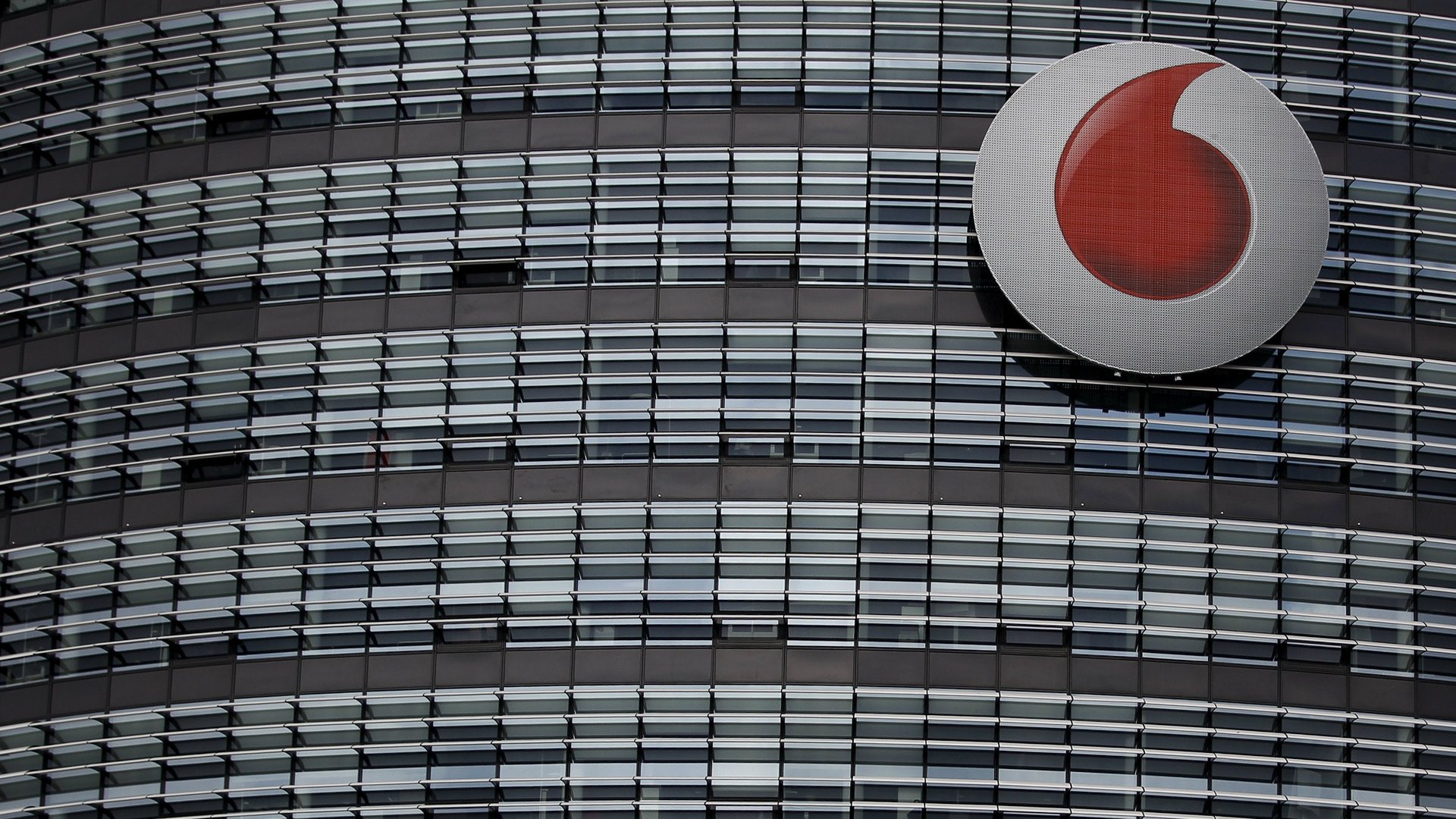Vodafone is the latest brand to take key ad functions in house
British telecom giant Vodafone has become the latest big brand to move some of its essential marketing functions in house—a move that shows exactly what advertising agencies are up against.


British telecom giant Vodafone has become the latest big brand to move some of its essential marketing functions in house—a move that shows exactly what advertising agencies are up against.
The company will take direct responsibility for £160 million ($212 million) of its digital ad buying, according to Campaign.
It will hire its own teams to focus on online ad buying—reducing its dependency on Wavemaker, the agency that currently handles its digital budget, by about 25%.
Global brands are increasingly “in-housing” functions that have traditionally been performed by external agencies, mainly thanks to the rise of programmatic—or near automated—online ad-buying tools.
Programmatic accounts for more than 80% of digital ad spending in the US. More than a third of US marketers said that they had reduced the role of external agencies in 2017 by in-housing programmatic buying.
In the US alone, almost $37 billion was spent (pdf, p. 6) on programmatic ads in 2017—up from around $26 billion in 2016. And consulting firms are increasingly advising brands on how they can make these buys without a middleman.
Agencies are even more worried about brands bringing the more-creative advertising functions—like the dreaming up of campaigns—in house.
Though an internal creative team created Pepsi’s widely panned Kendall Jenner ad, big brands like Unilever and the makers of soft drinks Lucozade and Ribena have dramatically expanded in-house agencies—something that can reduce costs by as much as 30%.
Despite the churn, agencies aren’t going anywhere any time soon: In 2017, US ad firms made around $55 billion (paywall)—up from $48 billion the year before.